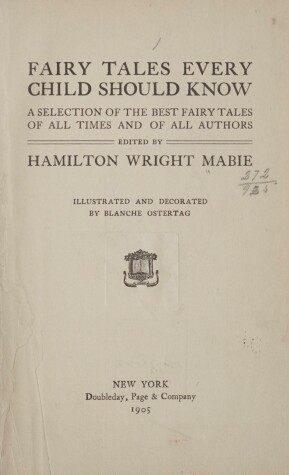Pioneers in Economics
46 total works
The breadth and complexity of Smith's thought is reflected in this present volume which surveys the contemporary debate, involving both economists and the wider scholarly community, through some 40 of the outstanding articles published over the last eight years.
Although his reputation ebbed towards the end of the nineteenth century, he was still being acclaimed by economists as diverse as Marx and Marshall. Ironically, since Sraffa's work revived Ricardo's reputation, this most bourgeois of economists has been brought back into contemporary debate by economists seeking Marx's intellectual mentors. This selection of recent articles reflects the renewal of interest in Ricardo's work.
James Steuart was a British mercantilist, the last in a long line stretching back to the 16th century. He advocated the entire armoury of mercantilist policies: the regulation of foreign trade to induce an inflow of gold, the promotion of industry by inducing cheap raw material imports, protective duties on imported manufactured goods, encouragement of exports, particularly finished goods because they are labour-intensive, control of the size of population by emigration and immigration to keep wages low, all capped by a denial of Hume's argument that an inflow of gold will only raise prices and thus drive gold abroad.
Eugen von Böhm–Bawerk (1851–1914) and Friedrich von Wieser (1851–1926)
by Mark Blaug
Alfred Marshall (1842–1924) and Francis Edgeworth (1845–1926)
by Mark Blaug
Frank Knight (1885–1972), Henry Simons (1899–1946) and Joseph Schumpeter (1883–1950)
by Mark Blaug
What McCulloch was to Ricardo, John Elliot Cairnes was to John Stuart Mill, a faithful disciple who did not always see eye to eye with his master. He has been called the last of the classical economists and the title is well deserved. Edwin Chadwick, a one time secretary to Bentham, was influential during the second quarter of the nineteenth century and much of his work, in particular his contributions to the 'Blue Books' of the period, helped to lay the foundations of the British Welfare State. Although a utilitarian in politics and a Ricardian in economics, he had a view of the problems of externalities which went way beyond anything dreamed of by Ricardo.
This series of essays on these four maverick figures vividly conveys the flavour of the English Classical Political Economy in the heyday of the industrial revolution.
Jeremy Bentham, was an extraordinary exponent of Utilitarianism and a founding father of administrative science, but he published very little on economics and what he did write was so dramatically ahead of its times that while it has proved stimulating to later generations it was virtually unknown in his own times. Similarly, it was Simonde de Sismondi and James Lauderdale, rather than Malthus, who were the true precursors of Keynesian thought. Their ideas and writings were thought incomprehensible and both men were attacked and ridiculed by contemporaries. However, modern economic theory has given them a new significance and coherence, making their writings relevant and comprehensible to economists. Here is a collection of the best of the articles published on these thinkers in the last two decades.

